Voting has officially commenced in Russia's presidential election, marking the beginning of a historic three-day voting period from Friday (March 15) to Sunday (March 17). This extended voting period, a first in the country's history, offers voters ample time to cast their ballots either electronically or through traditional paper ballots, as reported by France Twenty Four.
With over 112.3 million eligible voters, including those in the occupied territories of Ukraine, the election holds significant importance for the nation. Despite the absence of many of Vladimir Putin's political opponents, three candidates have emerged on the ballot paper, presenting voters with alternative choices for leadership.
Among the contenders are Leonid Slatsky of the Liberal Democratic Party, Vladislav Davankov representing the New People's Party, and Nikolai Kharitonov of the Russian Communist Party. While Putin remains a dominant figure in Russian politics, the presence of these candidates reflects a semblance of political diversity within the electoral landscape.
Expatriate Russians across the globe also have the opportunity to participate in the election, with 295 polling stations established in 144 countries. Notably, even astronauts aboard the International Space Station can exercise their voting rights through proxy.
The presidential election holds immense significance for Russia's future trajectory, as voters navigate their choices amidst both domestic and international challenges. As the voting period unfolds over the next three days, all eyes are on the Russian electorate to determine the outcome of this pivotal election.



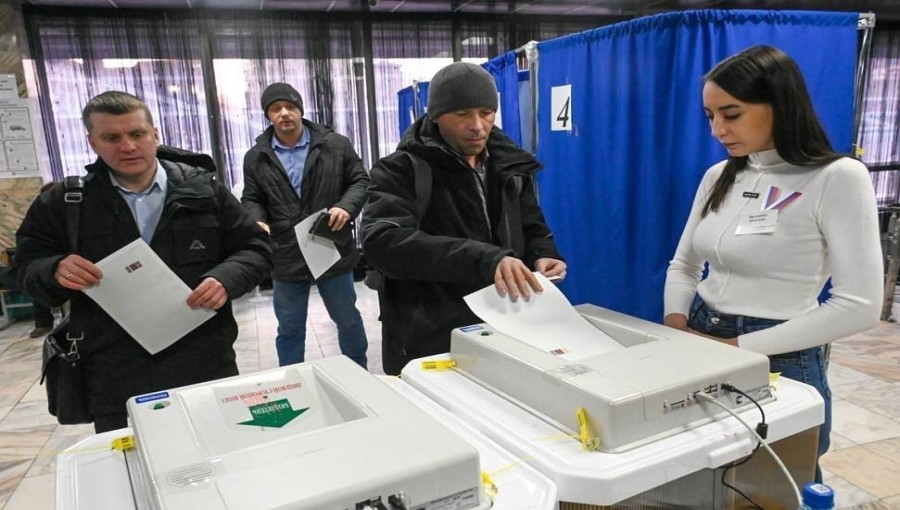

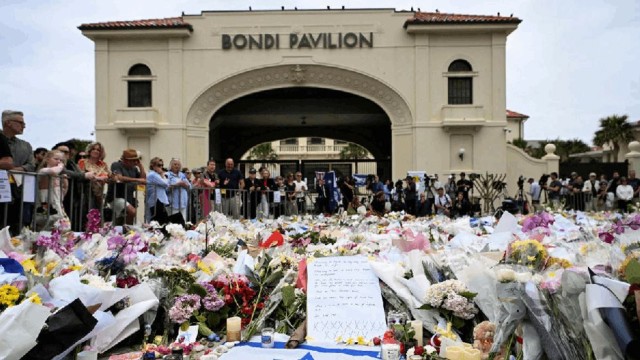

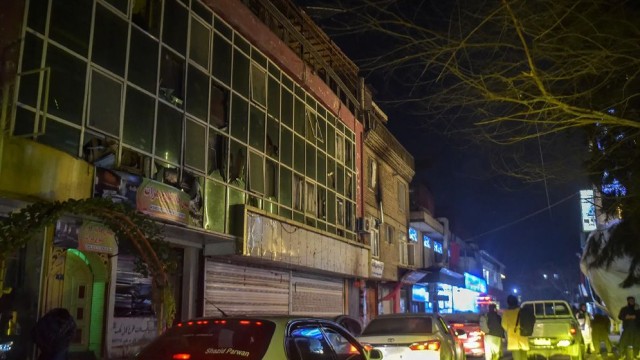
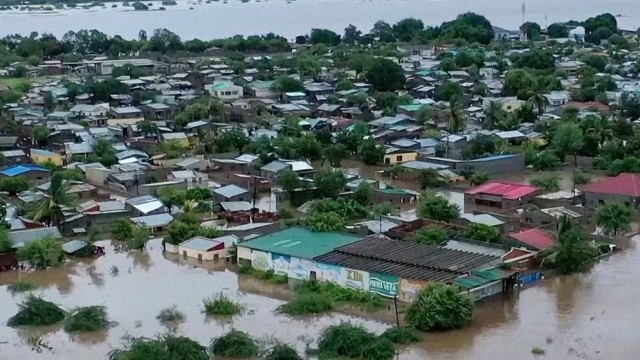
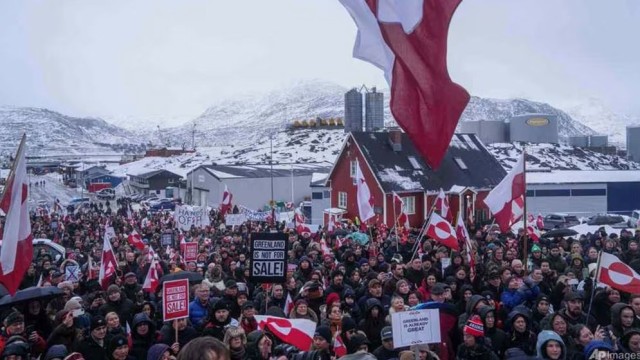
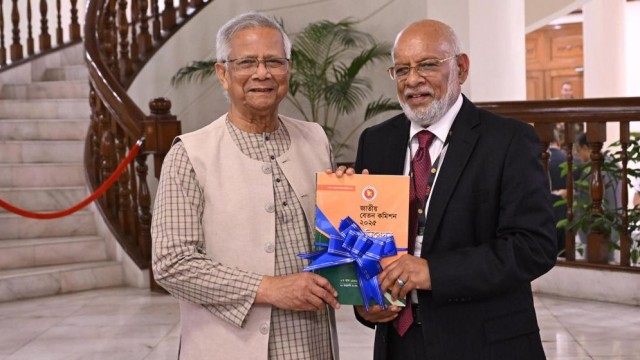
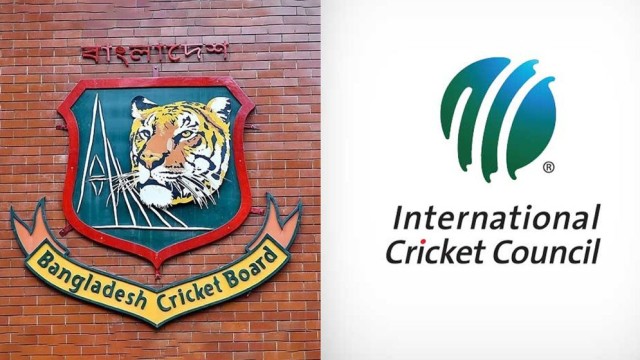
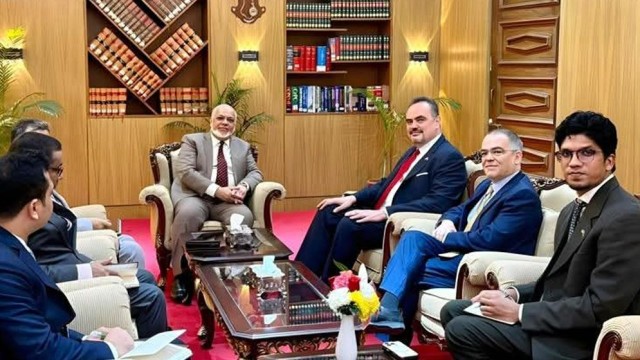
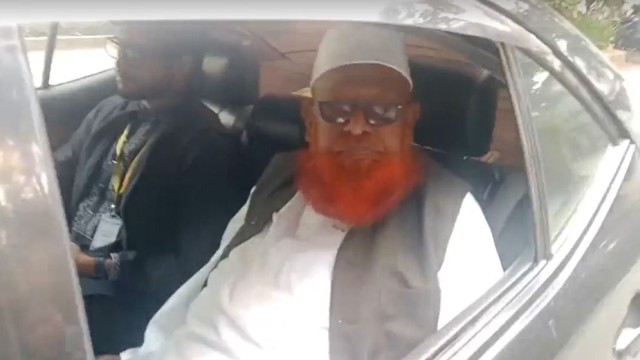
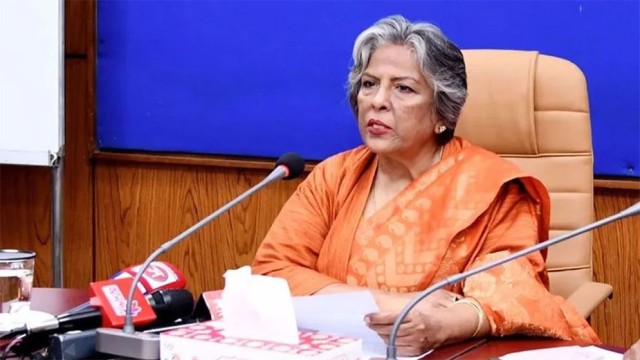
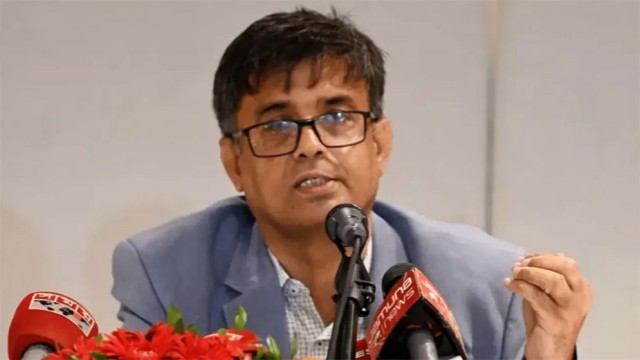

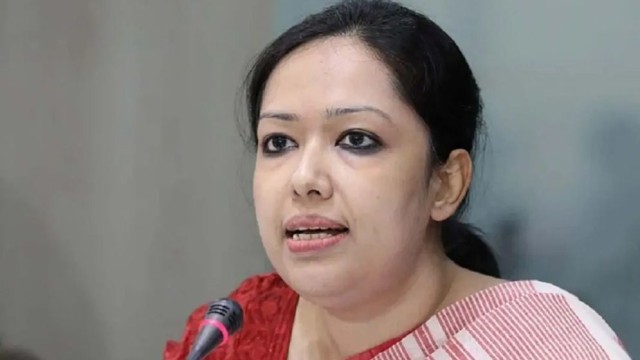
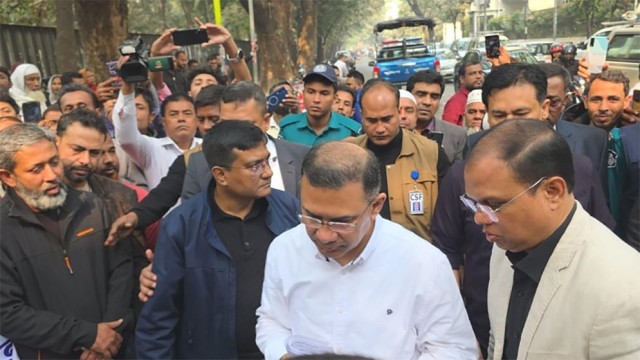
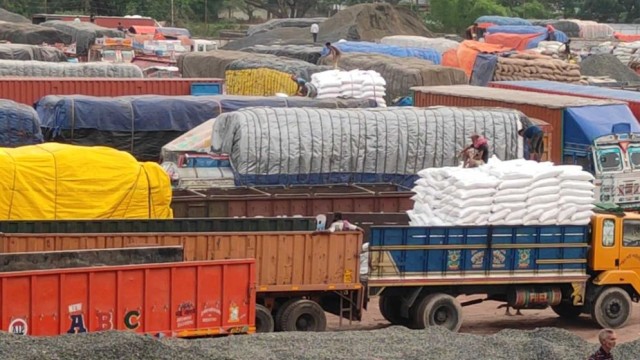








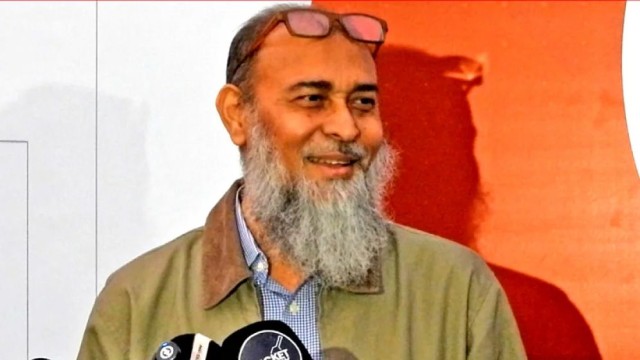


Comment: